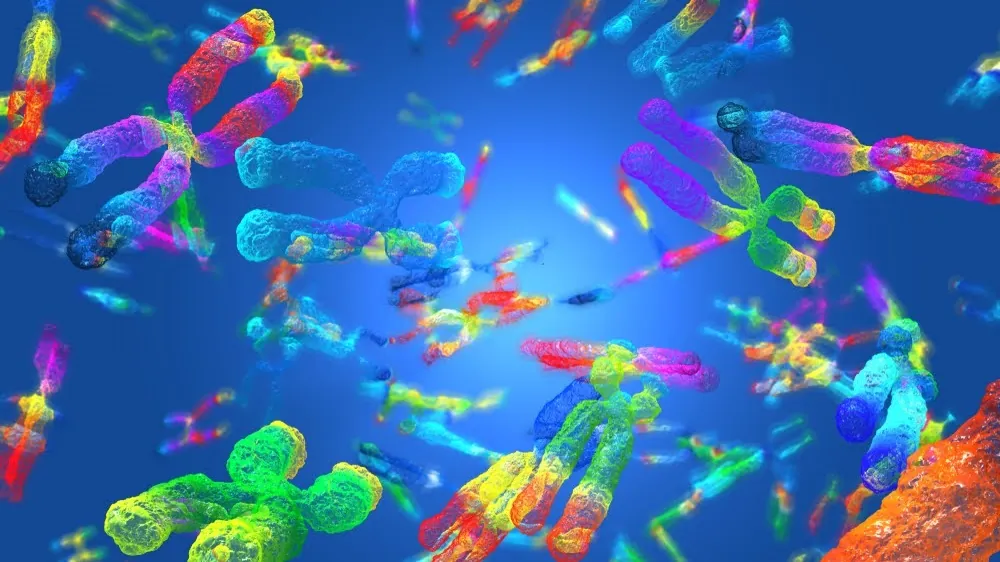A recent study from Penn State University may shed more light on the link between telomeres, aging, and why caloric restriction appears to influence them.
Telomeres are linked to aging
Telomeres are small protective caps on the ends of our chromosomes that guard our DNA. Telomere attrition, in which these caps slowly erode, is a hallmark of aging. The shortening of telomeres limits the amount of cell divisions, ultimately causing a decline in cell numbers in organs and tissues.

Read More
Shortened telomeres are linked to multiple age-related diseases and idiopathic pulmonary fibrosis. For that reason, telomeres, and their length and rate of loss, have long been a biomarker of aging.
They are also a potential target for therapies that restore lost telomere length, and a few companies are working on this approach. If successful, it may be possible to reduce the risks of several age-related diseases associated with short telomeres.
Investigating how caloric restriction impacts telomeres
Today, we want to highlight further data coming from the CALERIE clinical trial that could help us understand why caloric restriction may increase lifespan [1].
Last year, we wrote about how caloric restriction may slow down human aging with results from the CALERIE clinical trial. Those results suggested that caloric restriction does have a beneficial effect on longevity. However, the study also raised a number of questions and had limitations that we discussed in that article.
This time, the scientists examined the telomere lengths of 175 individuals involved in the CALERIE study. Measurements were taken at the beginning, one year in, and at the end of the 24-month study period, during which two-thirds of participants followed a caloric restriction regimen and one-third served as a control group.
The researchers noted that during the course of the study, the rate of telomere loss changed. In the first year, the participants on caloric restriction lost weight and saw increased telomere loss. The following year saw weight loss stabilized for those on caloric restriction. In the second year, however, the researchers found that telomere loss slowed down compared to the control group.
After the two year mark, both the test and control groups’ rate of loss was similar. There was no statistical difference between the two groups at this point.
The results are unclear
The researchers had originally hypothesized that there would be a reduction in telomere loss in the calorically restricted group; however, this was not the case. In fact, the rate of telomere attrition did the opposite and increased in the first year before stabilizing.
This study raises more questions than it answers. What would happen if the data for a third year was checked; would the telomere loss rate change again? Would that data change again in a fourth year of caloric restriction? Finally, why did the rate of loss initially speed up when the expectation was for it to slow down?
This is another demonstration that the dynamics of telomere loss are complex and not well understood. The study participants are due for another check-in at the 10-year mark, so it will be quite a while yet before we will know more.
That said, some data suggests that caloric restriction may help reduce cholesterol and blood pressure levels, so it could still be worthwhile to do it. If you want to find out more, check out our topic on fasting and time-restricted feeding.
Literature
[1] Hastings, W. J., Ye, Q., Wolf, S. E., Ryan, C. P., Das, S. K., Huffman, K. M., … & Shalev, I. (2024). Effect of long‐term caloric restriction on telomere length in healthy adults: CALERIE™ 2 trial analysis. Aging cell, e14149.



